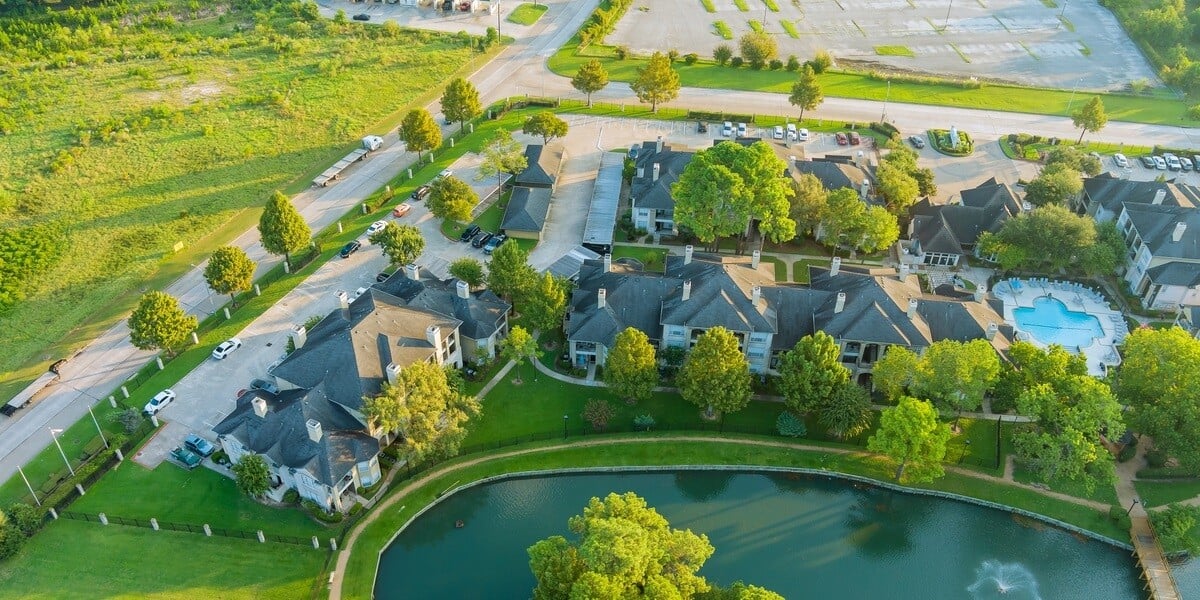If you're part of a homeowners' association (HOA), you know how important it is to keep your community running smoothly. That responsibility often falls on the shoulders of the HOA board. Whether you’re a new board member or have years of experience, understanding your role is essential for creating a well-managed, thriving neighborhood.
Understanding your responsibilities as a board member ensures that you make decisions that benefit the community, reduce conflicts, and stay legally compliant.
Let’s walk through what every board member should know, from managing finances, enforcing community rules, engaging with residents, and planning for the future.
Governing the Community
Governing the community means making decisions that uphold neighborhood standards and improve residents' quality of life. This includes:
- Enforcing CC&Rs (Covenants, Conditions, and Restrictions) and bylaws
- Creating and updating community policies
- Resolving disputes fairly and consistently
The CC&Rs (Covenants, Conditions, and Restrictions) and bylaws guide everything from property upkeep to parking policies. It’s the board’s job to ensure these are applied fairly and consistently.
The board is also responsible for creating and updating community policies. These might include guidelines around short-term rentals, noise levels, or architectural changes. Thoughtful, well-communicated policies help set expectations and keep the neighborhood running smoothly.
Conflict is inevitable in any community. That’s why board members must be prepared to handle disputes with fairness and neutrality. Whether it’s a disagreement between neighbors or a homeowner concerned about a policy, the board plays a key role in resolving issues respectfully.
 Financial Management and Budgeting
Financial Management and Budgeting
Managing the HOA’s budget is one of the board’s most important duties. Without proper financial oversight, it's hard to keep the community running smoothly. Financial management includes:
- Creating and approving an annual budget
- Collecting dues and following up on late payments
- Managing reserve funds for future repairs and emergencies
An annual budget outlines how dues will be spent throughout the year, covering everything from landscaping to legal fees. A well-balanced budget ensures that all needs are addressed without overspending.
The board is also in charge of collecting dues from homeowners and following up on late payments. This may involve sending reminders or working with a management company to set up payment plans.
Finally, reserve funds are set aside for major future expenses like roof replacements or road repairs. Keeping reserves healthy helps the HOA avoid special assessments when large projects come up unexpectedly.
Maintaining Common Areas and Property Values
Keeping common areas clean and functional protects property values and improves the overall living experience for homeowners. Board members must:
- Oversee landscaping, repairs, and shared amenities
- Hire and coordinate with reliable vendors
- Ensure compliance with safety codes and local regulations
Board members handle the maintenance of spaces like parks, clubhouses, and walking paths. This includes scheduling repairs, ensuring safety standards are met, and making sure the neighborhood looks its best year-round.
Part of this job involves hiring and coordinating with vendors such as landscapers, contractors, and pool maintenance teams. Choosing reliable service providers and monitoring their work helps maintain high standards without overspending.
Finally, the board must ensure that all maintenance and improvement projects comply with local safety codes and regulations. Staying in compliance prevents potential fines and liability issues for the association.
Effective Communication and Community Engagement
Open, honest communication helps board members build trust and foster involvement from residents.
One of the most important tools for transparency is hosting regular HOA meetings. These gatherings give board members a chance to share updates, discuss upcoming projects, and get feedback from homeowners.
Board members must also be responsive to homeowner concerns. Whether it’s a maintenance request or a question about policy, timely and respectful communication builds trust and shows that the board values residents’ input.
Beyond the basics, many boards take steps to foster a sense of community by organizing neighborhood events, volunteer days, or seasonal gatherings. These efforts go a long way in creating a friendly, connected environment where residents feel at home.
When residents feel heard and included, they’re more likely to support the board’s efforts.
Common Challenges HOA Board Members Face
Serving on an HOA board can be rewarding, but it also comes with challenges. It’s significant to recognize and prepare for them. Here are the most common challenges:
- Balancing different homeowner opinions while enforcing the rules fairly can be tricky. Not everyone will agree with board decisions, but consistency and communication go a long way.
- Budgeting, especially when unexpected repairs or cost increases arise. It takes careful planning and sometimes tough decisions to keep finances on track.
- Legal compliance. HOA boards must follow federal, state, and local laws — and stay up to date on changes that could impact operations. Failing to do so could lead to liability risks or disputes.
Prioritizing these areas can help you overcome these challenges before they become major pain points.
How Hignell HOA Management Supports Board Members
Managing an HOA is a big job — but you don’t have to do it alone. Hignell HOA Management partners with HOA boards to ease the workload and ensure your community gets expert care.
Here’s how we help:
- Expert Financial and Budget Management: We assist with creating realistic budgets, managing dues collections, and overseeing reserve funds so your HOA stays financially strong.
- Vendor Coordination and Maintenance Oversight: We coordinate with trusted vendors to handle maintenance, repairs, and landscaping — all while keeping quality high and costs reasonable.
- Legal Guidance and Compliance Support: We help boards stay compliant with state laws and HOA regulations, reducing legal risk and ensuring the community operates within its governing documents.
- Full-Service Professional Management: From attending board meetings to providing homeowner communication tools, we offer full-service support tailored to your community’s unique needs.
By partnering with an HOA management company like Hignell, your board gains a knowledgeable, reliable team that helps reduce stress, improve efficiency, and keep your community running smoothly.
Handle HOA Board Member Responsibilities With the Help of Hignell HOA
Serving on an HOA board is a meaningful way to contribute to your community. When you understand your responsibilities and have the right support in place, the board can run smoothly — and your neighborhood can truly thrive.
At Hignell HOA Management, we specialize in helping HOA boards lead with confidence. From budget planning to legal compliance, we’re here to help you every step of the way.
Contact Hignell for a consultation and learn how we can support your board and enhance your community.










